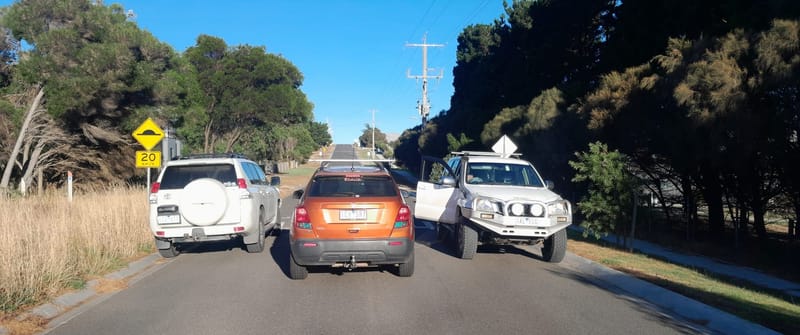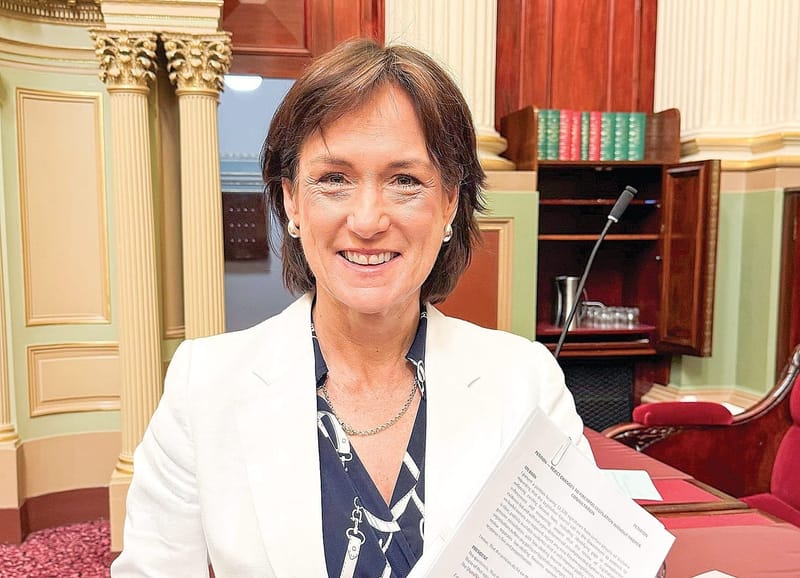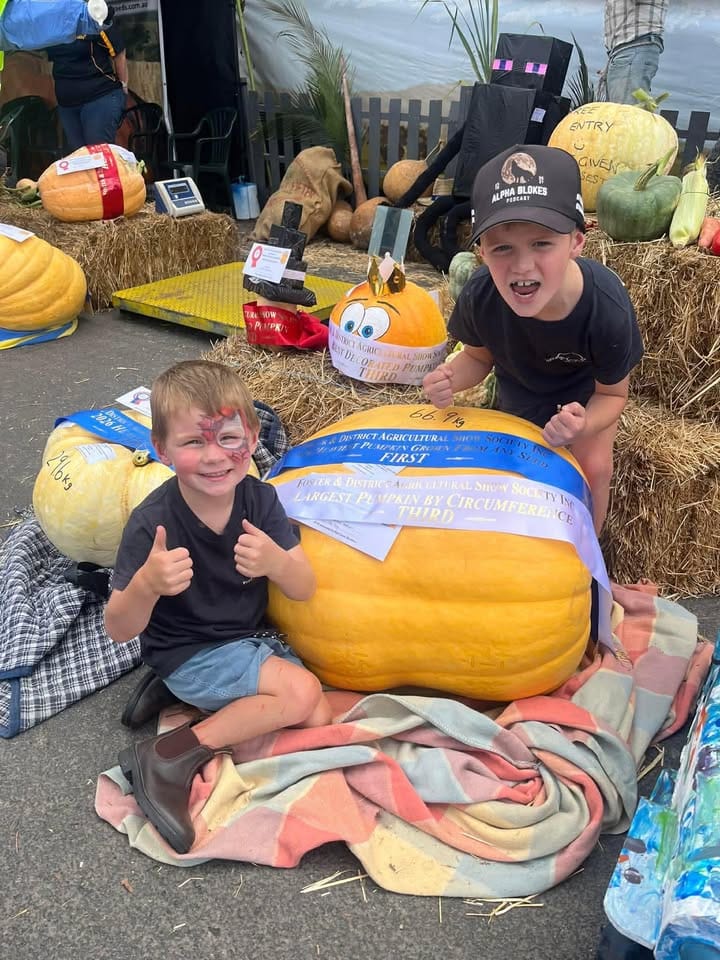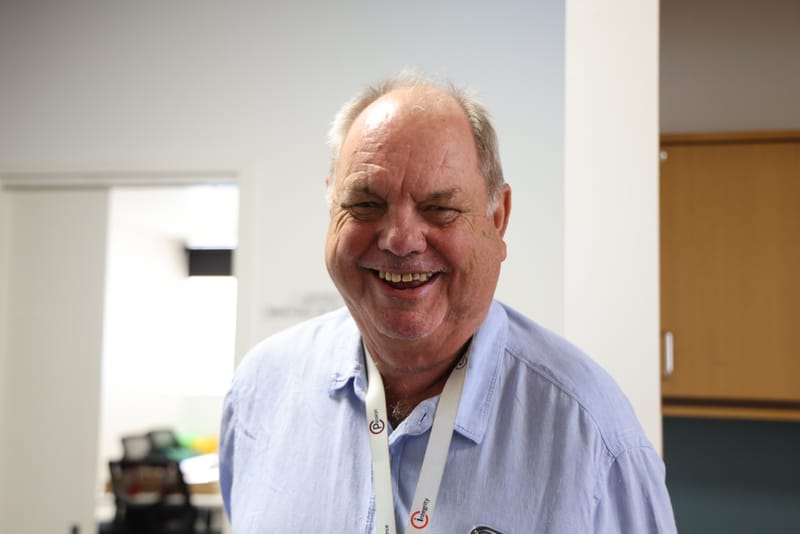Why today is 'Montevideo Maru Day', lest we forget
By Leongatha historian, Lyn Skillern THE sinking of the Montevideo Maru, a Japanese transport ship, on this day, 83 years ago on July 1, 1942, was Australia’s worst maritime disaster, and commemorated for the first time at the Australian War...
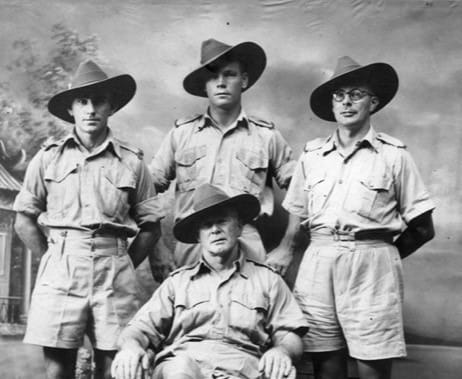
By Leongatha historian, Lyn Skillern
THE sinking of the Montevideo Maru, a Japanese transport ship, on this day, 83 years ago on July 1, 1942, was Australia’s worst maritime disaster, and commemorated for the first time at the Australian War Memorial in Canberra on July 1, 2022 - its 80th anniversary.
The vessel was carrying 1053 Australian Prisoners of War from Rabaul in Papau New Guinea to Hainan Island off China.
Local historian, Lyn Skillern, travelled to Canberra to attend the service alongside many family members of the lost as well as Deputy Prime Minister Richard Marles, who was representing Prime Minister Anthony Albanese.
Six of the men who were lost were from Leongatha, one from Wonthaggi and another six from Yarram. Twelve of these men were in the ill-fated 2/22nd Battalion AIF who were captured after the fall of Rabaul on January 23, 1942. Another soldier, Frank Pollock of Wonthaggi, was in the 1st Independent Commando Company and was captured on New Ireland near Rabaul.
Those on board were:
* Jack Howard of Leongatha who was a member of the extended Howard family well known in the region. He grew up in Leongatha and attended the local Catholic School and Leongatha High School. On enlisting, Jack gave the Commercial Hotel Leongatha (now McCartin’s Hotel) as his address as his family had taken over the hotel in 1939. He was a noted Leongatha footballer and was the captain/coach of Leongatha when they won the Central Gippsland premiership in 1940. Following this win, he enlisted. He had two brothers Jim and Joe and two sisters Vonda and Doris.
* Fred Broadbent grew up in Leongatha and attended Leongatha State School. He became a baker and was a well-known local jockey. He was a mate of Jack Howard. Fred’s father had originally come to Leongatha to play football and had been a barman at both local hotels. Mrs Ruby Broadbent, Fred’s mother, was a cook at the Commercial Hotel.
* Tom Sangster was a well-regarded local resident in Leongatha. He was born in Warragul in 1895 and came to Leongatha as a young man to work on the railway. He started as a carter, driving a team of horses, and transporting goods from the railway station. Tom Sangster was survived by his wife Stella, daughters Beryl and Thelma and sons Tom and Kevin.
* Arthur Oliver was originally of Stanley, Tasmania. His mother had re-married in 1933 and the family came to Leongatha. He and his friend Jimmy Kavanagh were working for farmer Barny Maxwell in Leongatha South when they enlisted. Jimmy grew up in the district and had attended Leongatha South School. Both were in the Heavy Battery in the artillery, and they fought until the battery ran out of ammunition before surrendering.
* Fred Ketels grew up in Leongatha, he attended Leongatha State School. He worked as a baker before enlisting. Katie Ketels waited for her son for the rest of her life. Fred’s brother Cliff was killed in New Guinea with the 2/5th Battalion. Fred and Cliff had two sisters Pam and Vera.
* Frank Pollock left Scotland for Melbourne on the Benalla on April 2, 1925 aged 4. He travelled with his mother, sister Elizabeth and brothers James, Duncan, Bill, Horace and Matthew to Wonthaggi where Frank Senior had been living for two years. Frank was a coal miner at one time, like the rest of the family. He was in the 1st Independent Company Commandoes who trained at Wilson’s Promontory before being deployed to New Ireland near Rabaul. After the Japanese takeover of New Ireland, the commandoes escaped but some including Frank were captured and imprisoned at Rabaul.
* Yarram area residents Alan Cocksedge, Colin Coulthard, Baden Hibbs, Edward Newton, John Sutherland and George Thomas were in the 2/22nd Battalion and also lost their lives on the Montevideo Maru.
All the victims of the sinking suffered appalling conditions in Rabaul before being loaded into the holds of the Montevideo Maru on June 22, 1942. The vessel was north of the Philippines when it was sunk by the American submarine the US Sturgeon at 02.29 hours on July 1, 1942. The Montevideo Maru was not showing any markings to show it was carrying prisoners of war. The men in the holds had no chance.
It is important to remember and honour these brave men – lest we forget.


